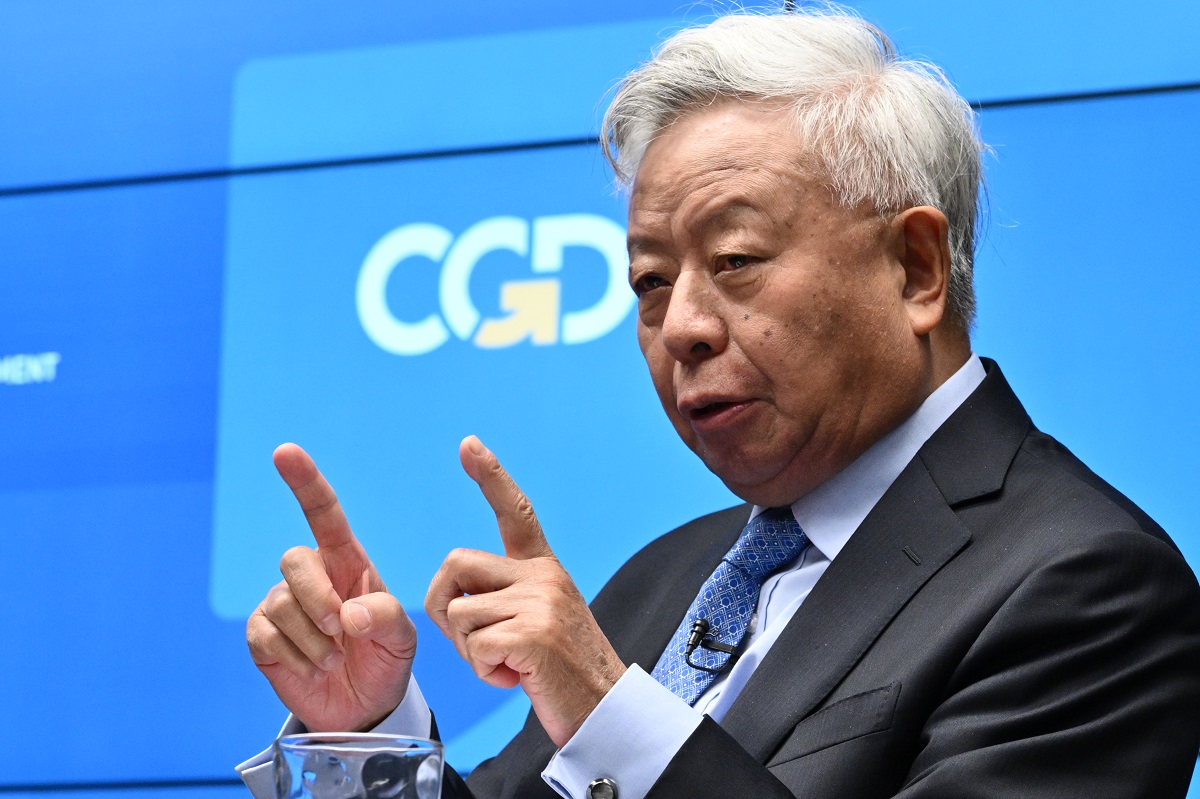One of the great underexplored areas in economic development research is rigorous investigation of how bad leaders affect development. A series of actions by Robert Mugabe's regime have coincided with an epic collapse of Zimbabwe's economy, erasing half a century of income growth and bringing on four million percent inflation. In a country where large numbers of poor people live on the edge of subsistence, such a collapse is likely to cause large numbers of deaths. But how can we really know that Mugabe is the cause of his people's ills, when his mouthpieces claim that drought or shadowy foreign meddling is at fault?These questions take on great urgency in the face of Mugabe's violent de facto self-reappointment, last weekend, to a sixth term in office. Rather than even pretend to run a free election, Mugabe vowed that an opposition victory would "never happen" because he was appointed president directly by God. If indeed Mugabe's presence is causing substantial numbers of deaths by destroying an economy in which many people live at the margins of survival, his intransigence is not just unfair -- it is a horrifying crime against humanity. Establishing the causal link between Mugabe's rule and death is much more than an academic exercise, but it's not easy.As far as I know, some of the most rigorous research on the economic effects of national leaders comes from Ben Jones and Ben Olken, of Northwestern and Harvard universities respectively. In a paper called "Do Leaders Matter?", they creatively use the deaths of national leaders -- due to natural causes or accidents -- as a natural experiment to identify the causal link between leadership change and broader economic outcomes. Last year's economic growth can't easily cause liver cancer in the president, so if the president dies of liver cancer and growth falls the next year, something about the leader was plausibly affecting growth. Jones and Olken find that leaders do affect macro development outcomes. But even this great research design doesn't allow us to learn much about what kinds of leaders hurt or help development.I do not have a good research design to offer here -- but I am working on developing one and I'm writing this to encourage others to consider and discuss how to do it.One useful starting point is to consider what "bad" leaders have in common and think carefully about definitions of "bad" that are not circular (e.g. "the ones who preside over growth collapses"). Several authors -- both academic and popular -- have attempted interesting categorizations of this kind, including Robert Rotberg, Miroslav Nincic, David Wallechinsky, and Mark Palmer.But making a scientific, empirical link between these rogues' galleries and predictable development consequences is difficult. Should Indonesia's Suharto, for example, be considered a "bad" leader because he tops Transparency International's list (pdf) of the most corrupt leaders of the late 20th century? Or should he be considered a "good" leader because whatever he did was compatible with decades of epochal poverty reduction in his country? And how does one scientifically establish the effect of a particular leader? Much could be learned in this area through clear thinking and creative research design.Another good starting point is to note a common behavior among the worst of the worst and ask why they do it. I can't help but notice, for example, that many of the worst leaders disparage homosexuals in bizarre ways. Robert Mugabe has famously attributed many of his country's ills to a secret plot by "gay gangsters" from "the gay United gay Kingdom". The Gambia's President Jammeh considers gay people to be a major cause of his country's difficulties and promised a few weeks ago to behead any gay person he could find. Iran's President Ahmadinejad asserted last year that not a single gay person inhabits Iran. (Since his country executes gay people, perhaps he was claiming success in exterminating them.) Belarus's repressive President Lukashenko has asserted that many of his country's problems arise from the fact that foreigners are bringing homosexuality into his country. And so on.Why the obsession? A tongue-in-cheek explanation: Psychologists at the University of Georgia ran a controlled experiment establishing that self-described heterosexual men who expressed hatred of gay people were more likely to be aroused by homosexual pornography than straight men who did not express hatred of gays. Could it be that some of the worst leaders on earth have more in common than just their economic preferences? A more serious explanation: Bad leaders choose scapegoats to distract electorates from their crimes. Maybe these distractions interrupt the chain of accountability for poor economic decisions, and are thus part of why poor leadership leads to poverty. But it is hard to rigorously test fanciful hypotheses like this one. I hope the readers of this post will think about how to do it.
Disclaimer
CGD blog posts reflect the views of the authors, drawing on prior research and experience in their areas of expertise. CGD is a nonpartisan, independent organization and does not take institutional positions.




